common vulcanization accelerators of vietnam
Common Vulcanization Accelerators
Common Accelerators for Sulfur Vulcanization. Secondary accelerators have a synergistic effect on cure, that is, they boost cure and increase the cross-link density. They are usually used at much lower concentration. The three most important classes of secondary accelerators are guanidines, thiurams, and dithiocarbamates.
Send Inquiryvulcanization accelerator mbts dm in south east Asia
vulcanization accelerator mbts dm in south east Asia. Common Vulcanization Accelerators. Vulcanization Accelerator. is a compound that increases the speed of vulcanization and that enables vulcanization to proceed at lower temperature and with greater efficiency. Vulcanization accelerators can be classified as primary and secondary accelerators.
Send InquirySulfur vulcanization
Accelerants (accelerators) act much like catalysts allowing vulcanization to be performed cooler yet faster and with a more efficient use of sulfur. They achieve this by reacting with and breaking the sulfur ring to form a reactive intermediate, referred to as a sulfurating agent. This, in turn, reacts with cure sites in the rubber to bring about vulcanization.
Send InquiryCuring & Vulcanization - Curing & Vulcanization | King
Single Accelerators. Deovulc TP 4-75 75 Zincdialkyldithiophosphate, absorbed on a silica carrier. Deovulc TP 4 is used as an accelerator for nitrosamine-free vulcani zates based on EPDM or diene rubber. Deovulc M 95 (DTDM – Dithiodimorpholin) is a sulphur donor which splits off sulfur during vulcanization. Therefore steep vulcanization curves can be obtained.
Send InquirySULFUR VULCANIZATION OF NATURAL RUBBER FOR BENZOTHIAZOLE
The chemistry of accelerated sulfur vulcanization is reviewed and a fundamental kinetic model for the vulcaniza-tion process is developed. The vulcanization of natural rubber by the benzothiazolesulfenamide class of accelerators is studied, where 2-(morpholinothio) benzothiazole (MBS) has been chosen as the representative accelerator. The reaction
Send InquiryVulcanization of elastomers
Definition of vulcanizing agents; Common industrial agents and oxides; Types of rubber vulcanization chemicals; Definition of accelerators and activators; Studies on action of chemicals on natural rubber compound.
Send Inquiry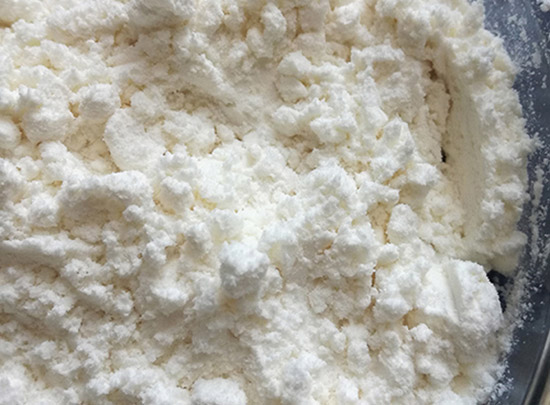
Vulcanization Accelerators
Vulcanization Accelerator. is a compound that increases the speed of vulcanization and that enables vulcanization to proceed at lower temperature and with greater efficiency. Vulcanization accelerators can be classified as primary and secondary accelerators. Important primary accelerators include thiazoles and sulfenamides.
Send Inquiry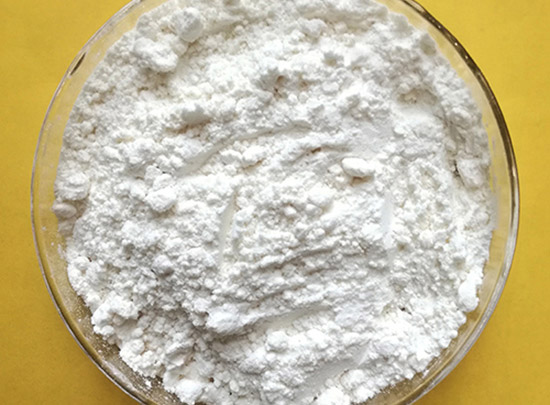
Vulcanization - an overview | ScienceDirect Topics
Vulcanization accelerators, in simplest terms, hasten the cleavage of the sulfur ring and formation of thiyl and polysulfenyl radicals. The accelerators react in the form of their more active zinc salts, due to the nearly ubiquitous presence of zinc oxide in sulfur vulcanized compounds.
Send Inquiryvulcanization accelerator mmbt
Common Vulcanization Accelerators. Vulcanization Accelerator. is a compound that increases the speed of vulcanization and that enables vulcanization to proceed at lower temperature and with greater efficiency. Vulcanization accelerators can be classified as primary and secondary accelerators.
Send InquiryThe common accelerators in producing rubber
The common accelerators in producing rubber. Vulcanization surfactant surfactant, activator, help promote agent. It involved in rubber vulcanization reaction, improve the rubber accelerator activity and give full play to its efficiency, reduce promote agent, and can not only improve the curing speed, and also to improve crosslinking degree,...
Send InquiryVulcanization Accelerators - polymerdatabase.com
Accelerators for Sulfur Vulcanization of Rubbers. Common primary accelerators include thiazoles and sulfenamides whereas thioureas and dicarbamates can function as both primary and secondary accelerators. Very fast are thioureas and dicarbamates (see table above) and semi-fast are thiazoles whereas aldehydeamines and guanidines are rather slow.
Send Inquiry
Common Vulcanization Accelerators
Common Accelerators for Sulfur Vulcanization. Secondary accelerators have a synergistic effect on cure, that is, they boost cure and increase the cross-link density. They are usually used at much lower concentration. The three most important classes of secondary accelerators are guanidines, thiurams, and dithiocarbamates.
Send Inquiry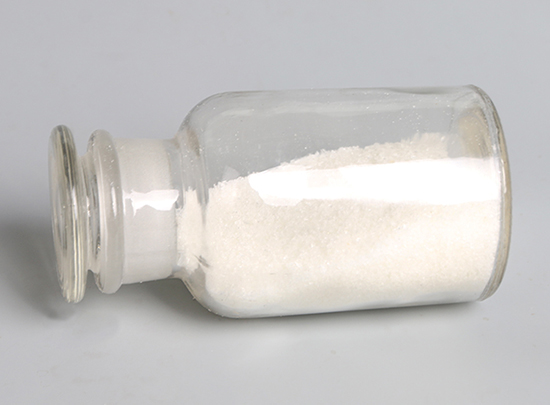
Vulcanization
Vulcanization of polychloroprene. Most conventionally used accelerators are problematic when CR rubbers are cured and the most important accelerant has been found to be ethylene thiourea (ETU), which, although being an excellent and proven accelerator for polychloroprene, has been classified as reprotoxic.
Send Inquiryvulcanization accelerator mbts dm in south east Asia
Common Vulcanization Accelerators. Vulcanization Accelerator. is a compound that increases the speed of vulcanization and that enables vulcanization to proceed at lower temperature and with greater efficiency. Vulcanization accelerators can be classified as primary and secondary accelerators. Important primary accelerators include thiazoles and sulfenamides.
Send InquirySULFUR VULCANIZATION OF NATURAL RUBBER FOR BENZOTHIAZOLE
The chemistry of accelerated sulfur vulcanization is reviewed and a fundamental kinetic model for the vulcaniza-tion process is developed. The vulcanization of natural rubber by the benzothiazolesulfenamide class of accelerators is studied, where 2-(morpholinothio) benzothiazole (MBS) has been chosen as the representative accelerator. The reaction
Send InquiryRubber Vulcanization: Select the Right Vulcanizing Agent
There are several rubber vulcanization systems possible based on reactions with different chemicals. The selection of an accelerator will depend on the specific vulcanizing system. Sulfur vulcanization processes are the most common, but peroxide and metal oxide systems are also used in the adhesives industry.
Send Inquiry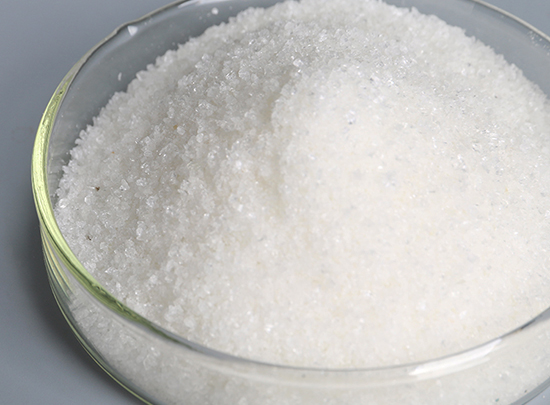
Vulcanization of elastomers
Definition of vulcanizing agents; Common industrial agents and oxides; Types of rubber vulcanization chemicals; Definition of accelerators and activators; Studies on action of chemicals on natural rubber compound.
Send Inquiry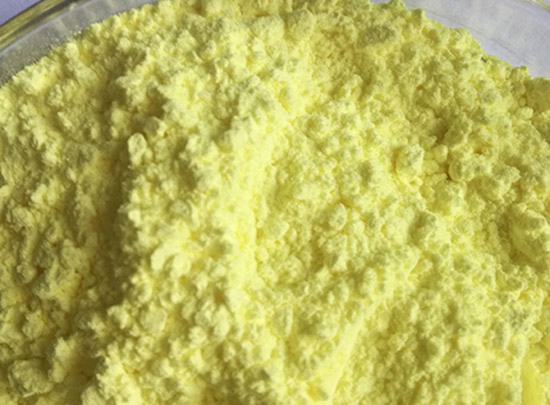
Vulcanization - an overview | ScienceDirect Topics
Vulcanization accelerators, in simplest terms, hasten the cleavage of the sulfur ring and formation of thiyl and polysulfenyl radicals. The accelerators react in the form of their more active zinc salts, due to the nearly ubiquitous presence of zinc oxide in sulfur vulcanized compounds.
Send Inquiry